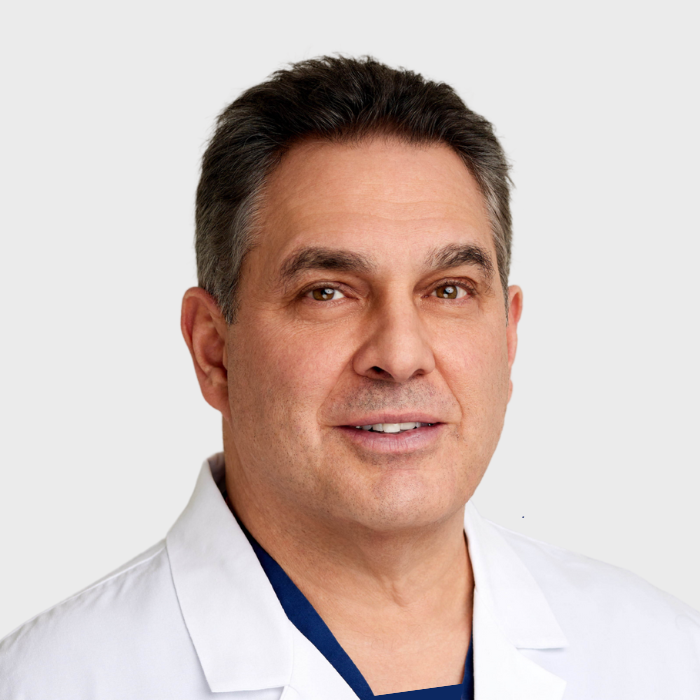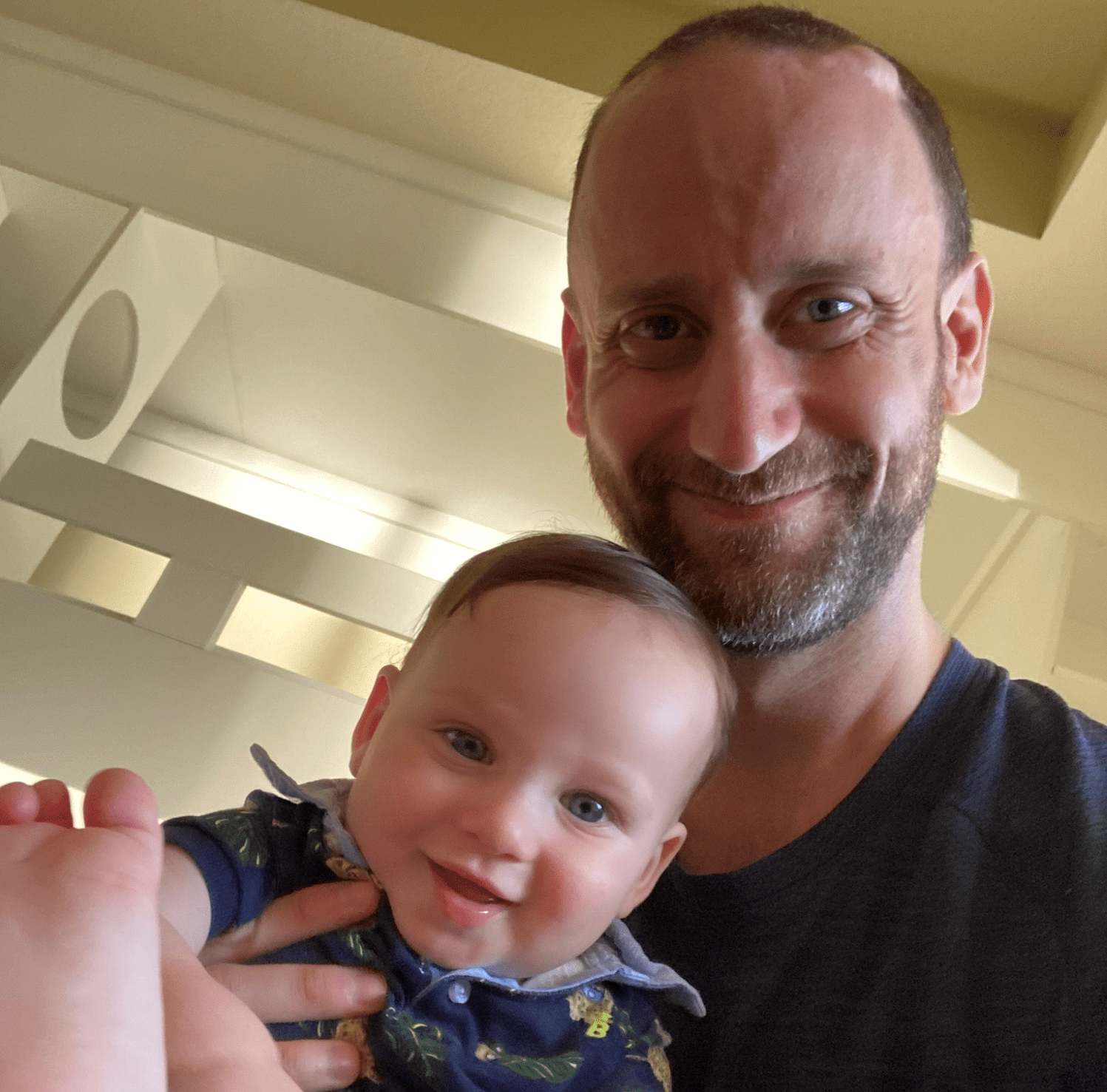ONS neurosurgical specialists are ranked among the best in the country. We offer the latest treatments in treating neurological conditions both with conservative and surgical care.
Neurosurgery is a medical subspecialty that focuses on the diagnosis and treatment of conditions of the brain, spine, and peripheral nervous system. ONS neurosurgeons are spine surgeons with extensive training and experience performing complex spine surgeries.
Why Choose ONS for Neurosurgery?
ONS neurosurgeons are highly skilled in treating a full range of neurological conditions. While neurologists focus on non-surgical therapies for neurological issues, neurosurgeons are also trained to perform surgical treatments.
What sets ONS apart for Neurosurgery:
- Fellowship-trained specialists: Our neurosurgeons have all completed additional training to obtain the advanced skills and knowledge to specifically treat neurological conditions surgically. They all have the experience and expertise to assess, diagnose, and treat your neurological condition.
- Latest advancements in treatment: Our research on new technologies has been published in peer-reviewed journals. We also regularly teach medical students and fellow surgeons about new techniques for minimally invasive procedures.
- Professional affiliations: Our affiliation with the Department of Neurosurgery at Weill Cornell in New York City allows us to use the latest endovascular and open surgical treatments while treating neurovascular disorders.
Spine Conditions We Treat
We treat both children and adults with spinal conditions including:
- Sciatica, or pain down the back of the leg.
- Spinal stenosis, a narrowing of your spinal column.
- Spondylolisthesis, when one of your vertebrae slips out of place.
- Spondylolysis, a stress fracture of the spine
- Spinal curvature problems, such as scoliosis and kyphosis.
- Spinal tumors
- Pinched nerves
- Degenerative disc disease
- Herniated or bulging disc.
- Spinal cord injuries
- Ankylosing spondylitis, a type of arthritis that causes inflammation in the spine.
- Osteoporosis
Brain Conditions We Treat
We treat both children and adults with neurological conditions including:
- Traumatic brain injury
- Brain tumors
- Trigeminal neuralgia
Treatments for Neck and Back Pain
When we can, we start with conservative treatments, such as:
- Activity modification
- Medications (oral or topical) to reduce pain, inflammation, or swelling.
- Physical therapy and rehabilitation. Working with our physical therapists can help reduce pain and improve mobility. For many people, PT alone can help them get back to activities they enjoy.
- Injections that relieve pain, such as epidural steroid injections.
Spinal Surgeries We Perform
Some injuries and conditions need more intervention, including surgery. Common procedures include:
- Minimally invasive spine surgery: This type of surgery uses smaller incisions than traditional (“open”) surgery. We use this approach whenever we can because people heal faster.
- Discectomy: Removing all or part of a disc that’s bulging.
- Spinal decompression surgery: A surgery that reduces the pressure on the spinal cord from discs or nerves pushing against it.
- Spinal fusion: Connecting two or more bones in your spine, so that they act as a single bone.
- Correcting spinal curvatures: Surgery is often the best option for conditions like scoliosis and kyphosis if the curve is large enough.
- Disc replacement: Replacing a damaged disc with an artificial one helps relieve pain while preserving normal motion.
Brain Surgeries We Perform
If surgery is indicated, our neurosurgeons utilize the latest minimally invasive surgical techniques such as endoscopy, laser ablation, and awake craniotomies. Common procedures include:
- Tumor removals
- Skull base tumor removals.
- Microvascular decompression (MVD)
We treat both children and adults with spinal conditions including:
- Sciatica, or pain down the back of the leg.
- Spinal stenosis, a narrowing of your spinal column.
- Spondylolisthesis, when one of your vertebrae slips out of place.
- Spondylolysis, a stress fracture of the spine
- Spinal curvature problems, such as scoliosis and kyphosis.
- Spinal tumors
- Pinched nerves
- Degenerative disc disease
- Herniated or bulging disc.
- Spinal cord injuries
- Ankylosing spondylitis, a type of arthritis that causes inflammation in the spine.
- Osteoporosis
We treat both children and adults with neurological conditions including:
- Traumatic brain injury
- Brain tumors
- Trigeminal neuralgia
When we can, we start with conservative treatments, such as:
- Activity modification
- Medications (oral or topical) to reduce pain, inflammation, or swelling.
- Physical therapy and rehabilitation. Working with our physical therapists can help reduce pain and improve mobility. For many people, PT alone can help them get back to activities they enjoy.
- Injections that relieve pain, such as epidural steroid injections.
Some injuries and conditions need more intervention, including surgery. Common procedures include:
- Minimally invasive spine surgery: This type of surgery uses smaller incisions than traditional (“open”) surgery. We use this approach whenever we can because people heal faster.
- Discectomy: Removing all or part of a disc that’s bulging.
- Spinal decompression surgery: A surgery that reduces the pressure on the spinal cord from discs or nerves pushing against it.
- Spinal fusion: Connecting two or more bones in your spine, so that they act as a single bone.
- Correcting spinal curvatures: Surgery is often the best option for conditions like scoliosis and kyphosis if the curve is large enough.
- Disc replacement: Replacing a damaged disc with an artificial one helps relieve pain while preserving normal motion.
If surgery is indicated, our neurosurgeons utilize the latest minimally invasive surgical techniques such as endoscopy, laser ablation, and awake craniotomies. Common procedures include:
- Tumor removals
- Skull base tumor removals.
- Microvascular decompression (MVD)
Physicians

- Neurosurgery
- Spine
Practicing in:
Greenwich
- Neurosurgery
- Spine
Practicing in:
Greenwich
- Neurosurgery
- Spine
Practicing in:
Greenwich, Harrison, and Stamford
- Neurosurgery
- Spine
Practicing in:
Stamford





